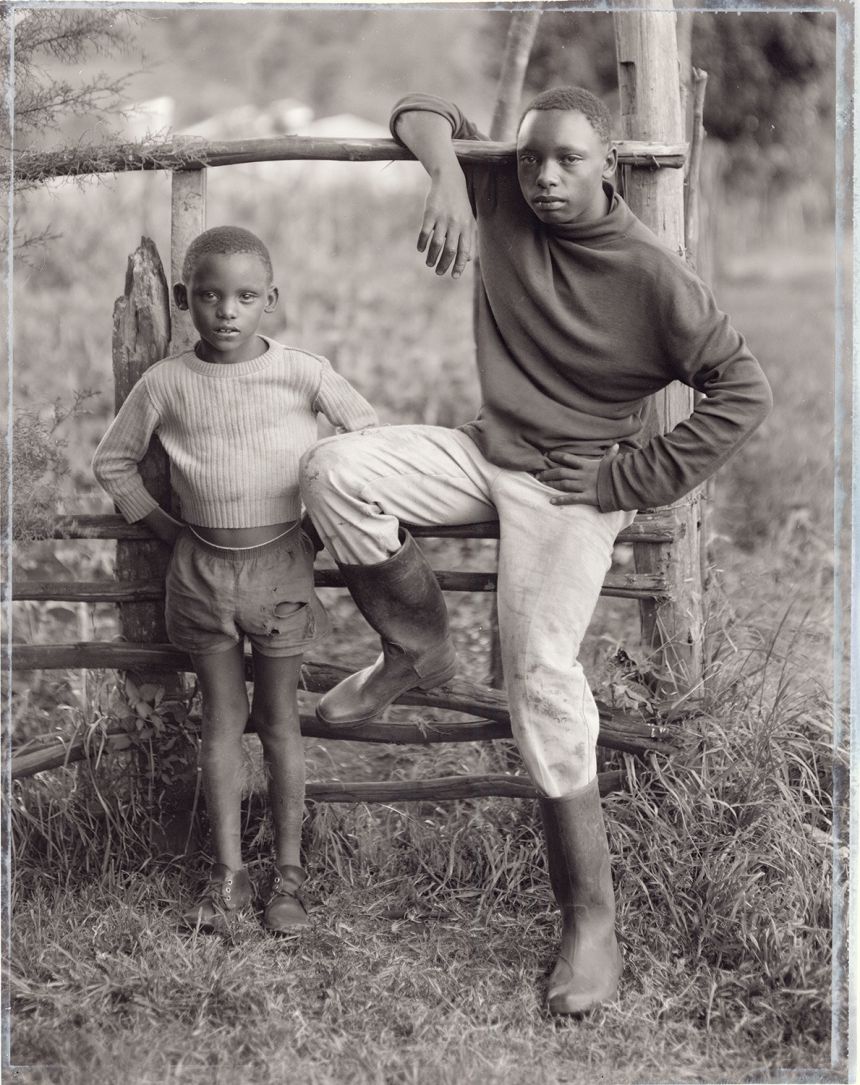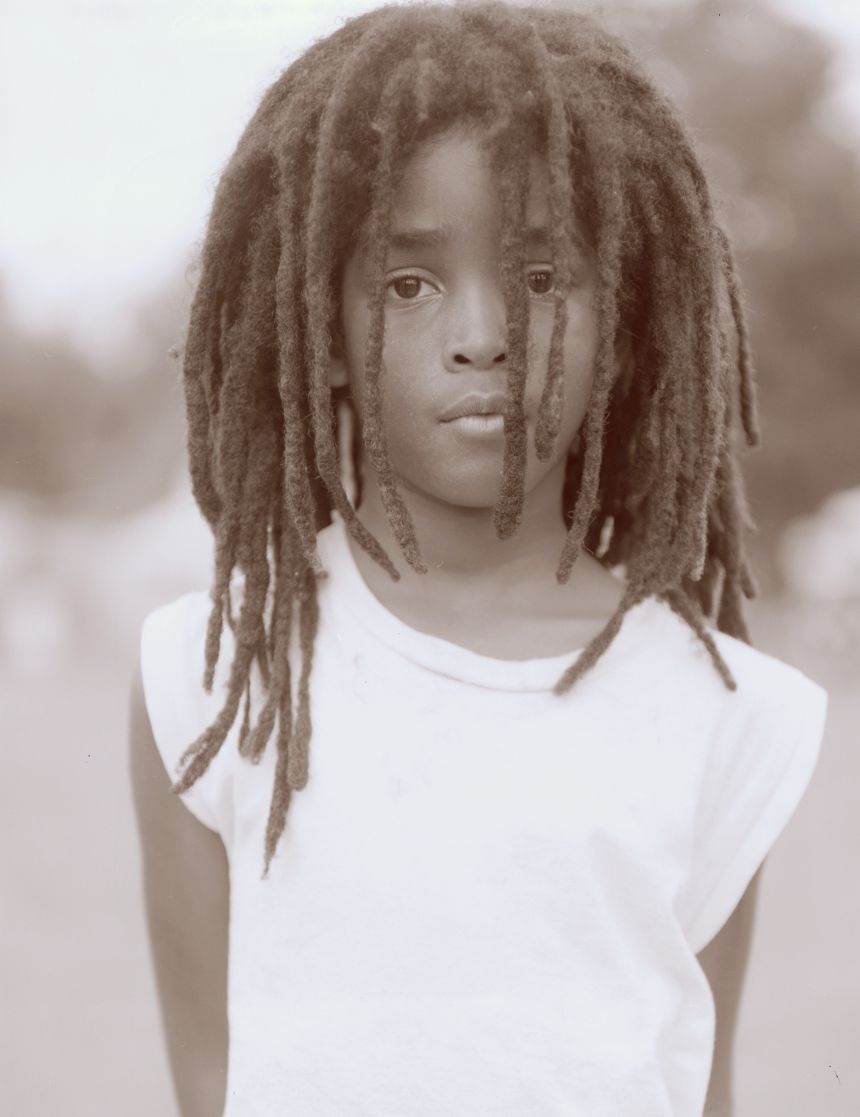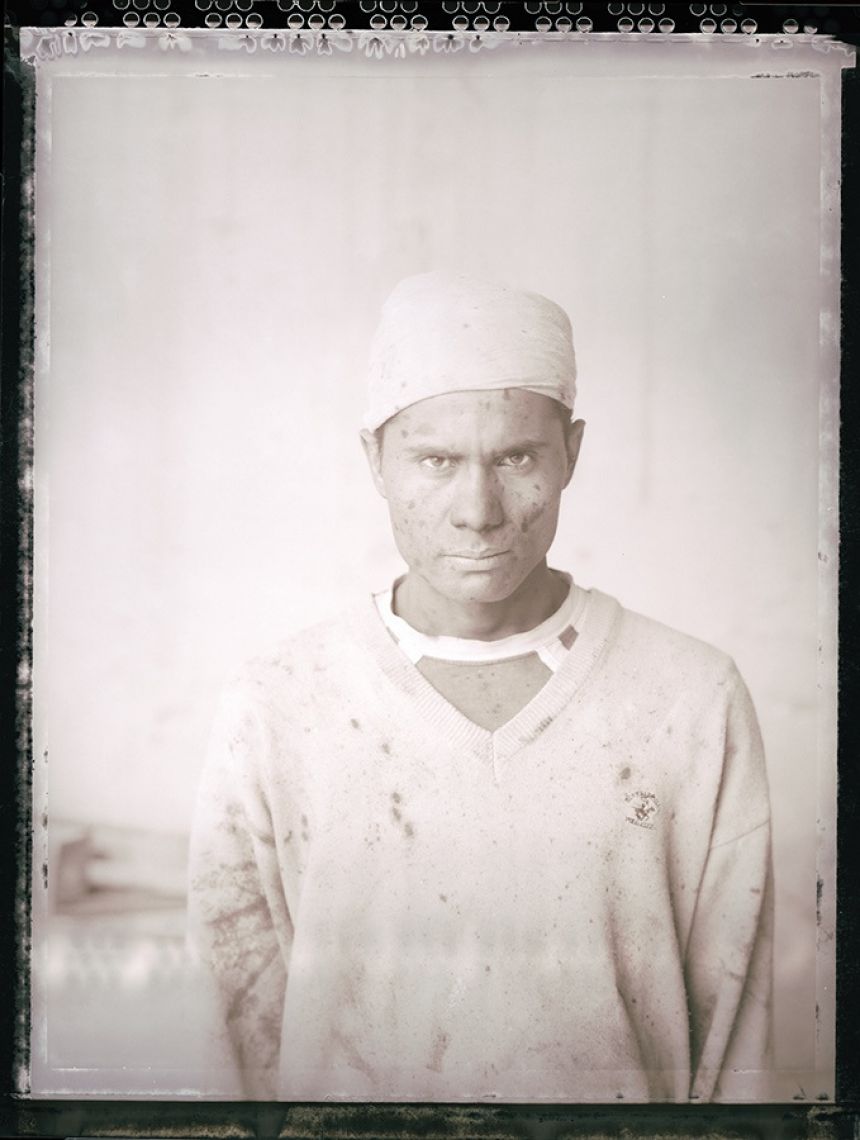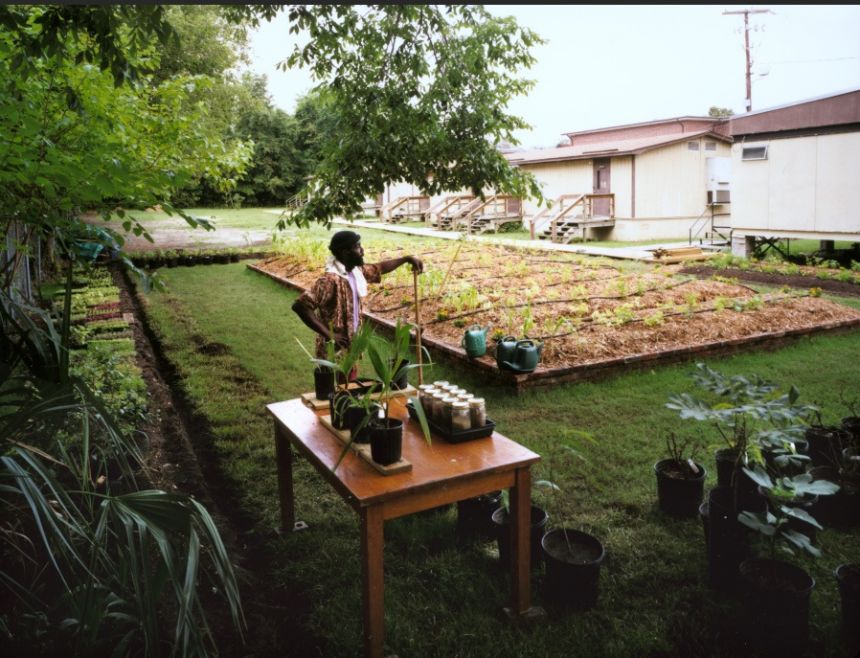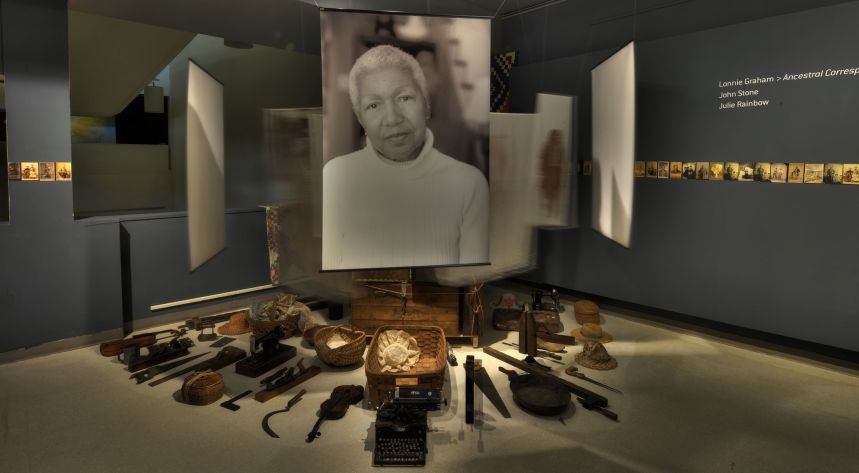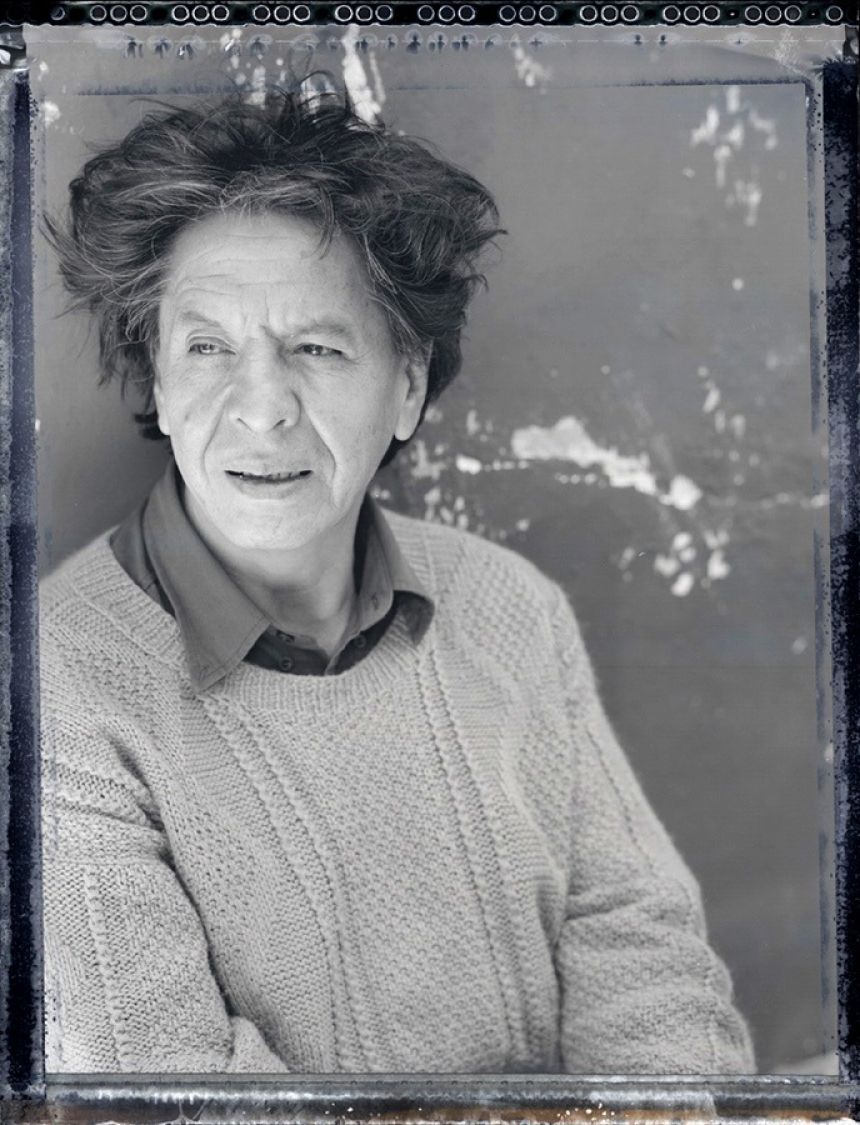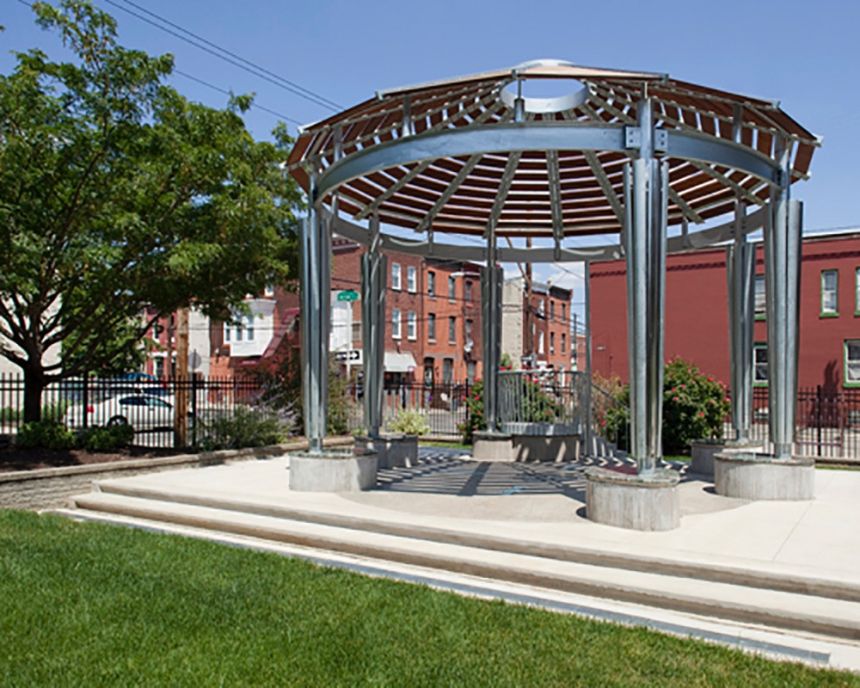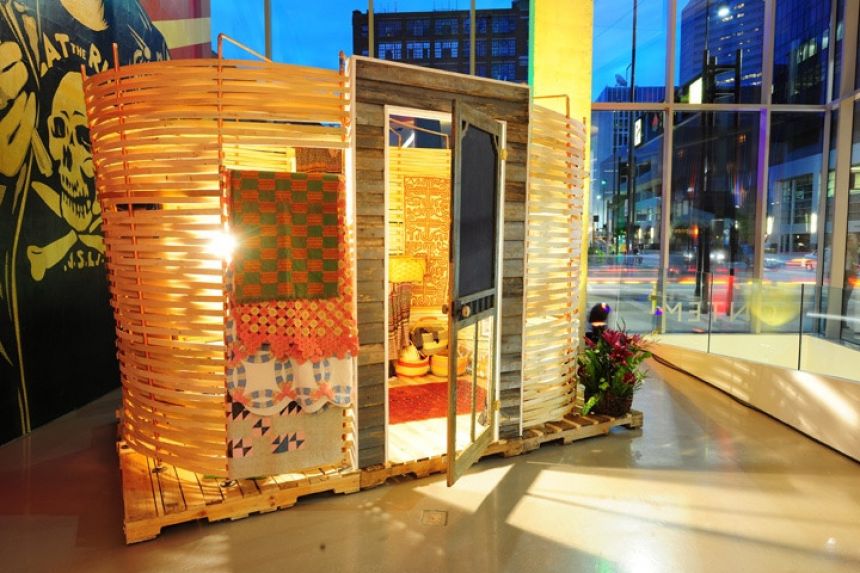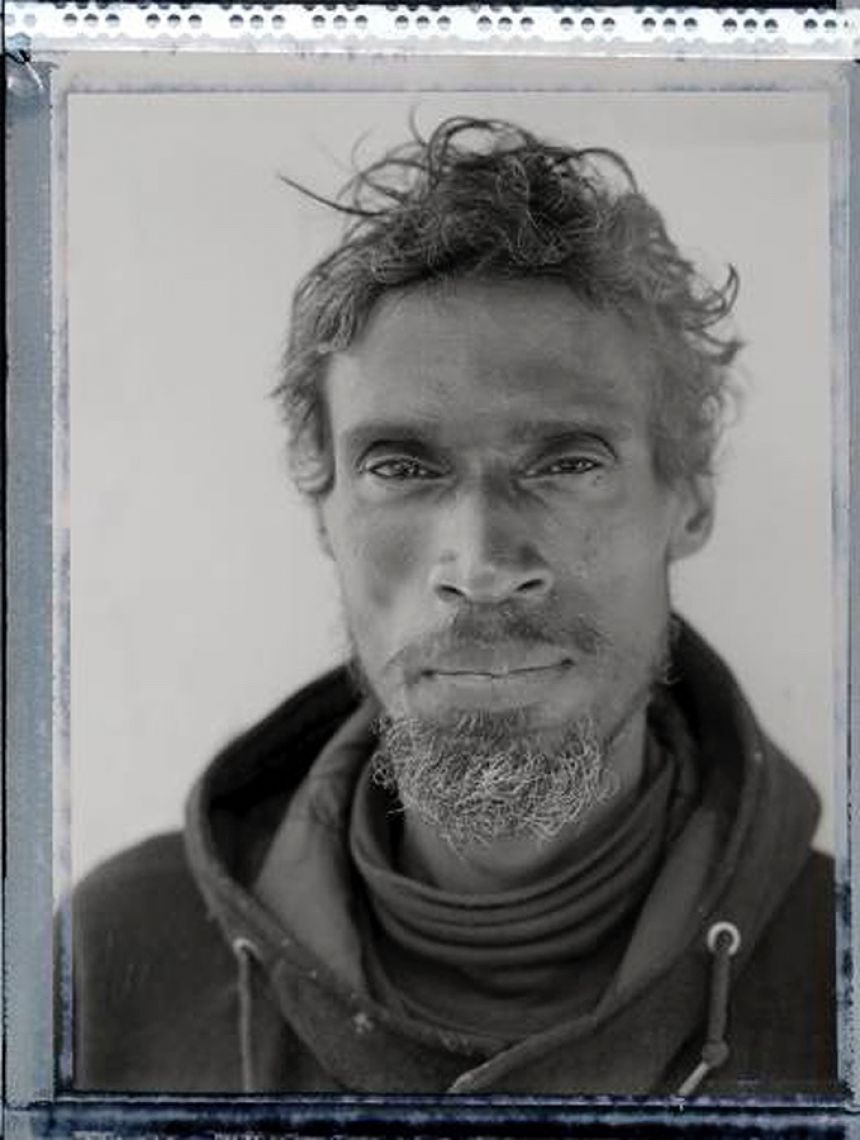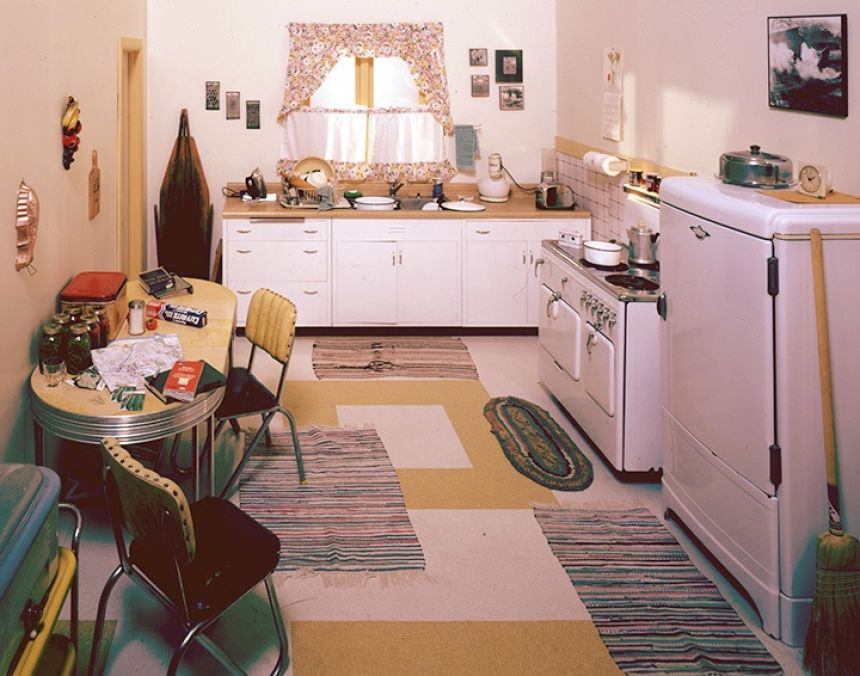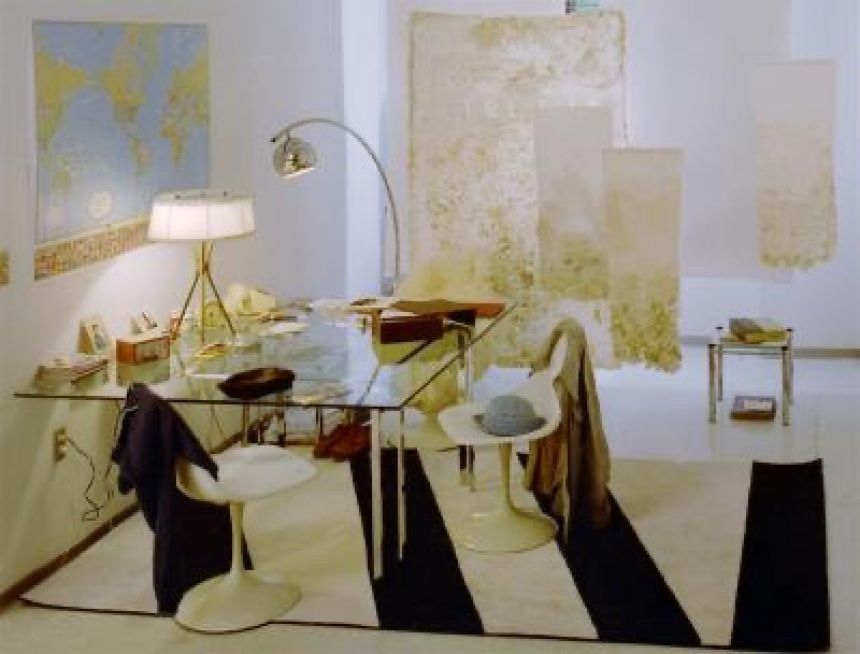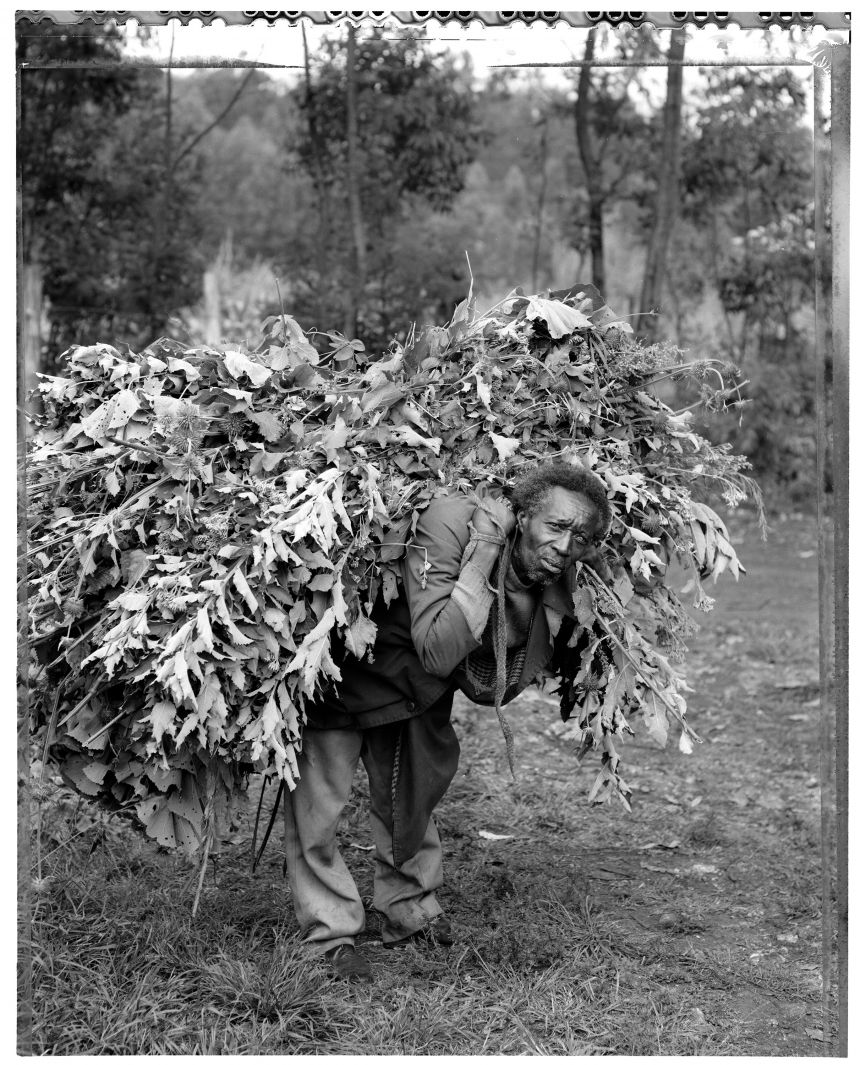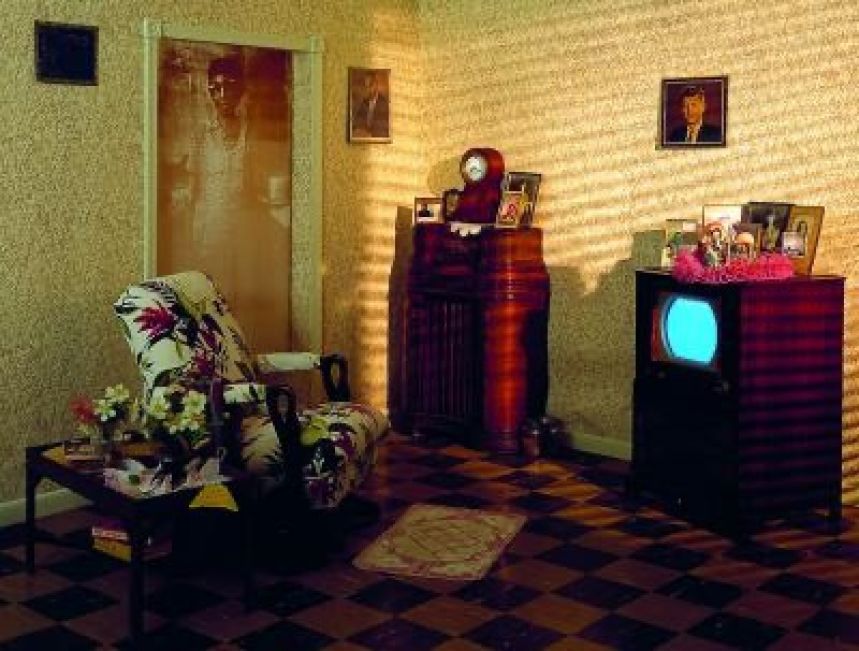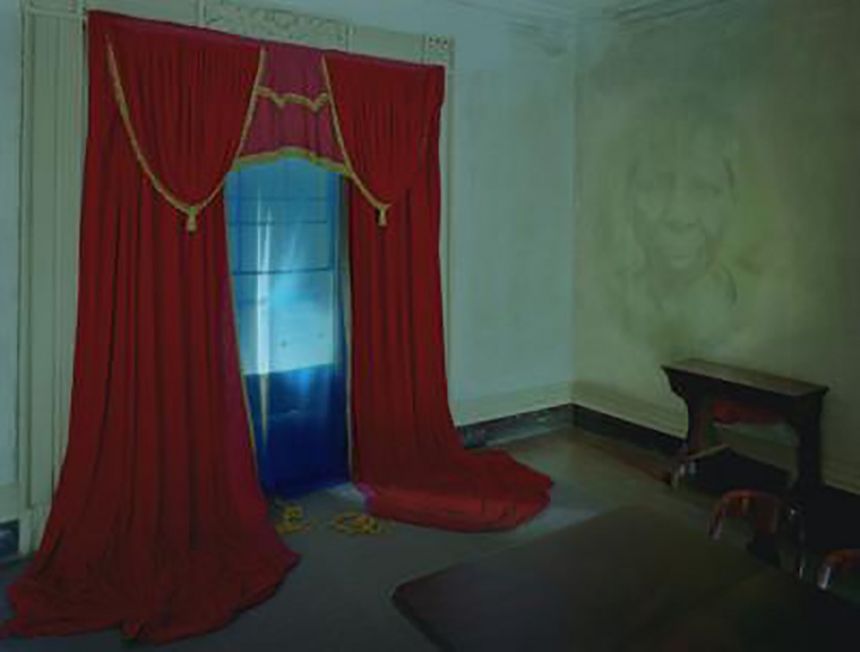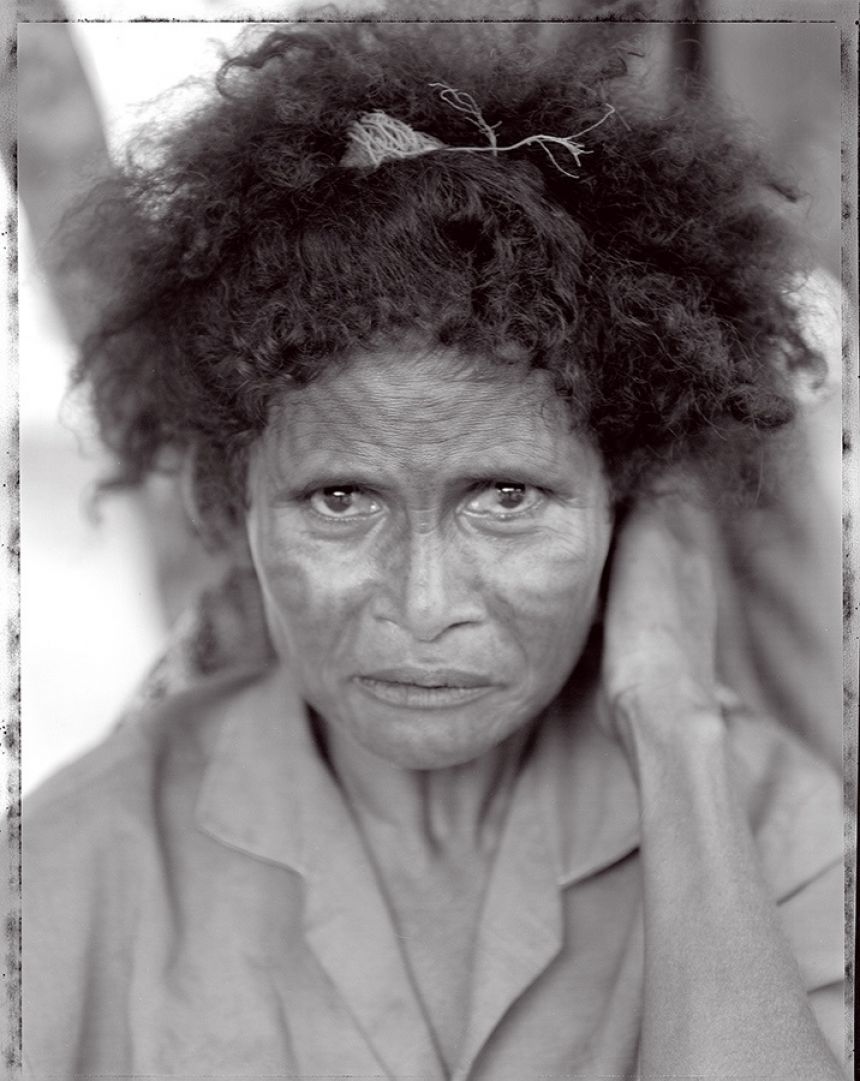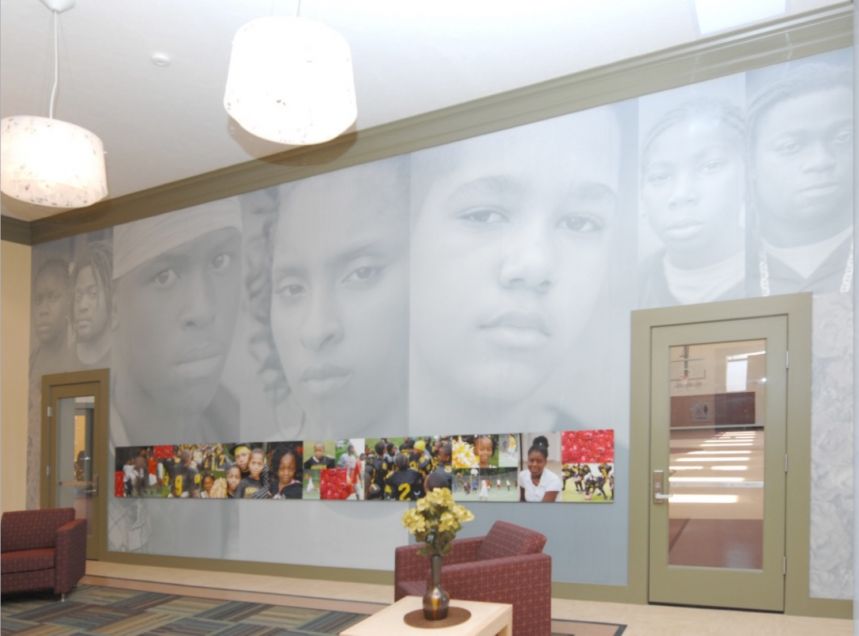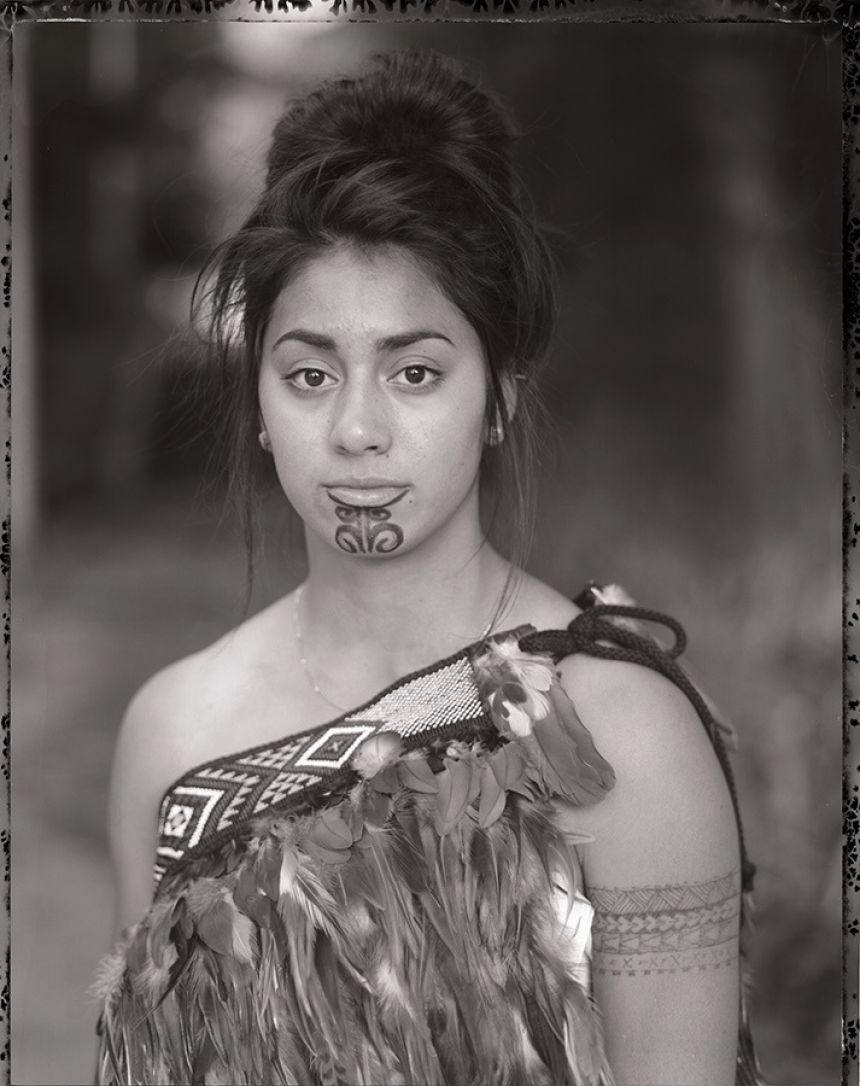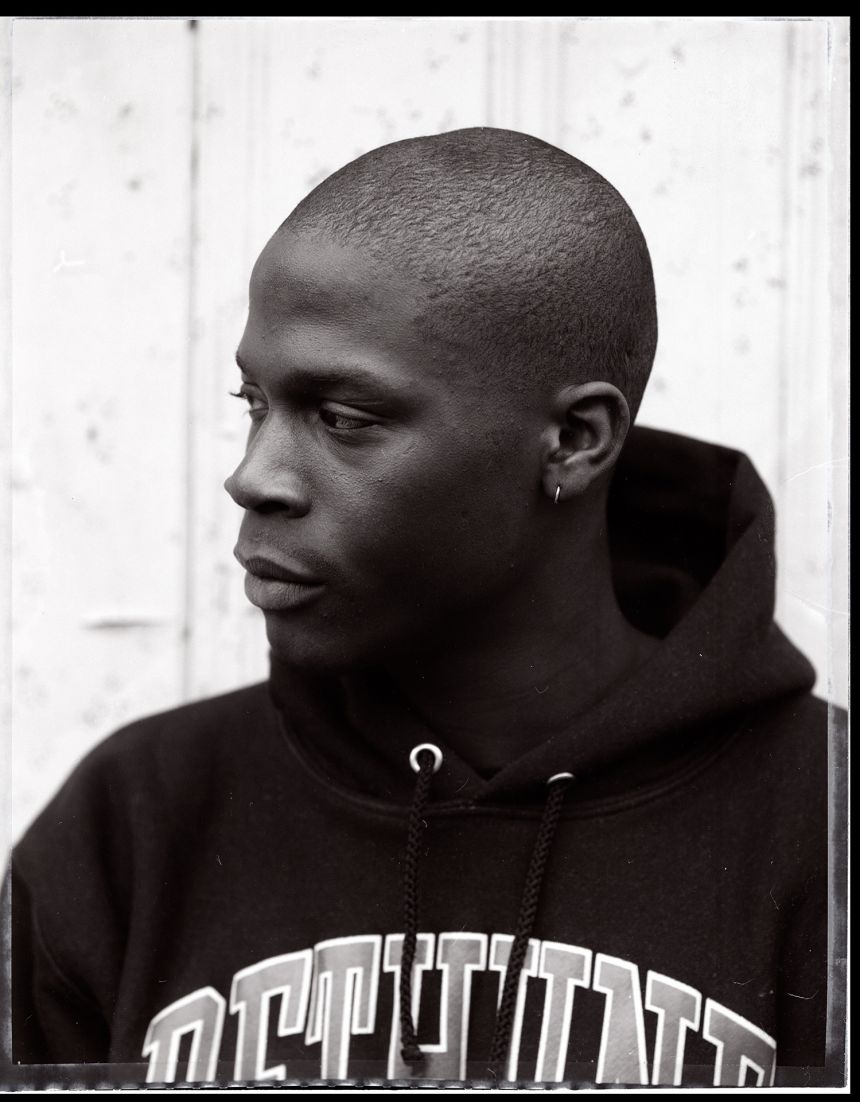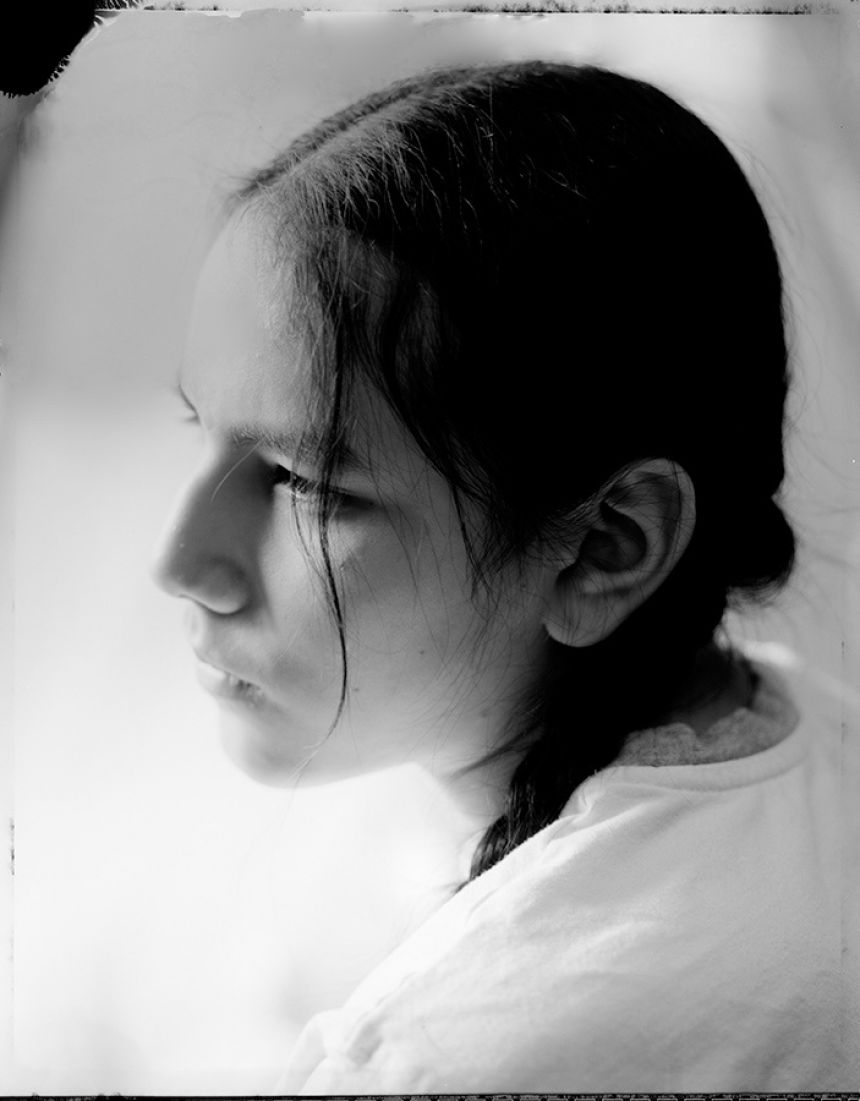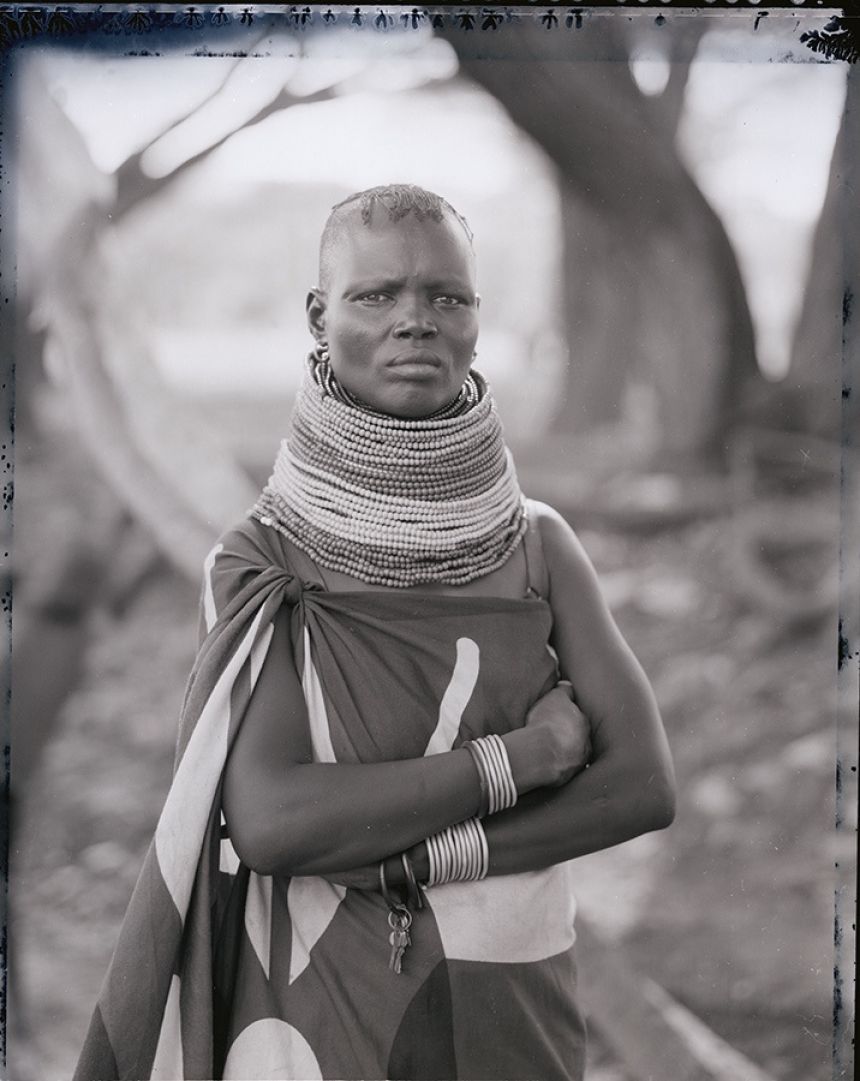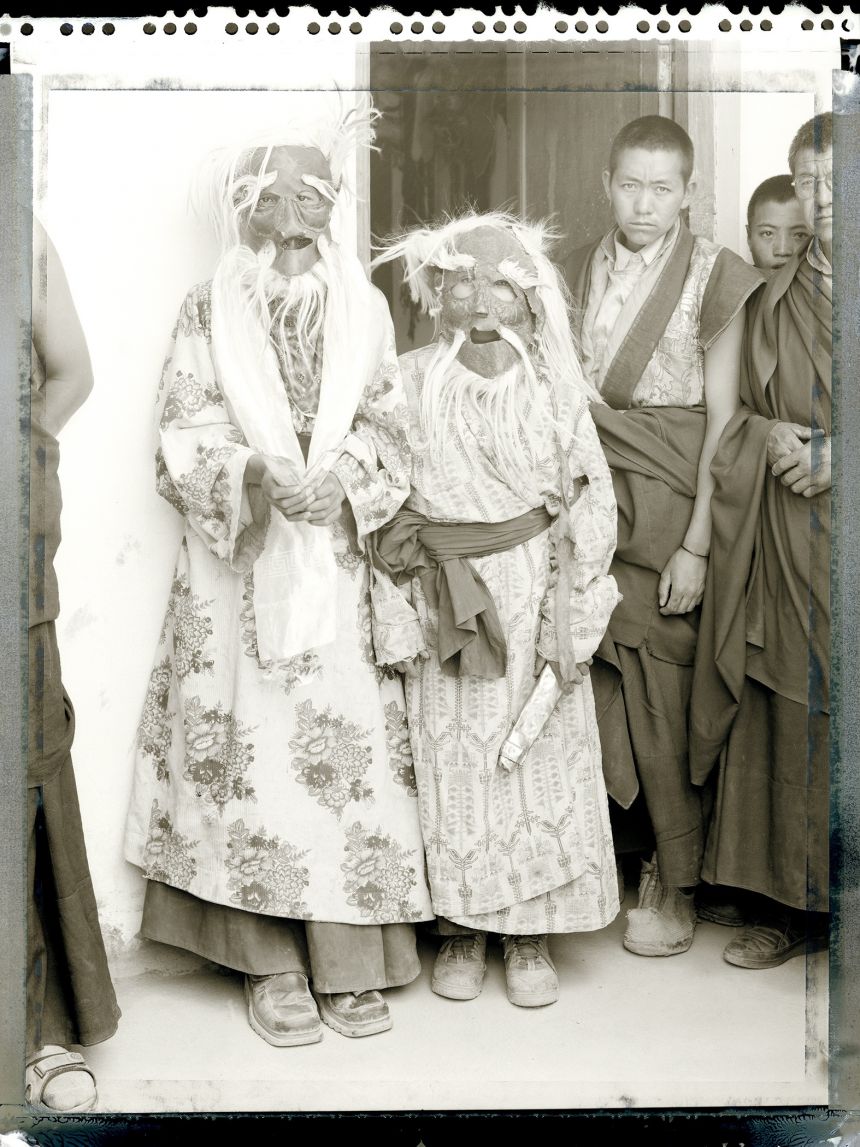Lonnie Graham
- Professor of Art
-
Photography
-
Cultural Activism
7 Borland
- Email lug2@psu.edu
- Phone 814.863.5547
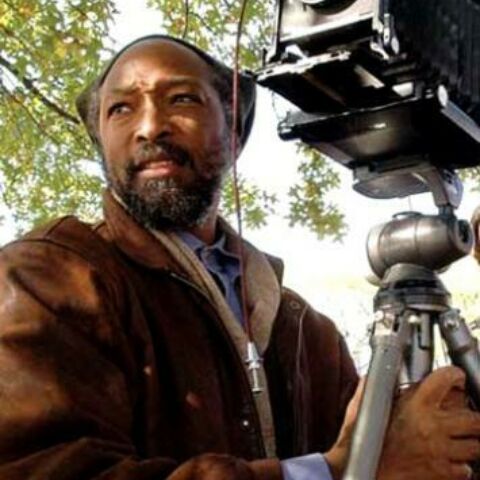
Biography
Lonnie Graham, is an artist, photographer and cultural activist whose work addresses the integral role of the artist in society and seeks to seeks to re-establish artists as creative problem solvers. Lonnie Graham is a Pew Fellow and Professor of Art in Photography at Pennsylvania State University. Professor Graham is formerly Acting Associate Director of the Fabric Workshop and Museum in Philadelphia Pennsylvania. Graham has served as Executive Director of the PhotoAlliance of San Francisco and the Chairman of the Board of the San Francisco Art Institute. Graham also served as Director of Photography at Manchester Craftsmen’s Guild in Pittsburgh, Pennsylvania, an urban arts organization dedicated to arts and education for at risk youth. There, Graham developed innovative pilot projects merging Arts and Academics, which were the subject of a Harvard case study then ultimately cited by, then, First Lady Hillary Clinton as a National Model for Arts Education.
In 1996 Graham was commissioned by the Three Rivers Arts Festival to create the “African/American Garden Project.” which provided a physical and cultural exchange of disadvantaged urban single mothers in Pittsburgh, and farmers from Muguga, a small farming village in Kenya, to build a series of urban subsistence gardens.
In 2005, Professor Graham was cited as Artist of the Year in the Commonwealth of Pennsylvania and presented the Governor’s Award by Governor Edward Rendell. Lonnie Graham is the recipient of a National Endowment for the Arts/Pew Charitable Trust Travel Grant for travel to Ghana and is a four-time Pennsylvania Council for the Arts Fellowship recipient. Graham was also awarded the Creative Achievement Award by the Pittsburgh Cultural Trust.
The catalogue accompanying the exhibition “A Conversation with the World,” has been widely distributed by Light Work in Syracuse, New York. Graham continues work on that project which has been supported by the University of Oulu, in Finland, the University of Calgary in Alberta Canada, and the San Francisco Arts Commission. “A Conversation with the World” seeks to reveal our common humanity with photography and interviews conducted by Professor Graham with individuals throughout the world. In 2012 Professor Graham collaborated with Philadelphia artist John Stone to create “Farm Stand” for “Green Acres,” an exhibition held at the Center for Contemporary art in Cincinnati. In 2009 Professor Graham received funding from the Mid Atlantic Arts Foundation in conjunction with Pennsylvania State University to conduct a project entitled “A Change in The Making.” That project explored social and economic issues in Cape Town, South Africa. During the course of this project Mr. Graham established a relationship with Monkey Biz, an organization lending support to women of Gugulethu and Kaylisha, the townships of Cape Town. This NGO breaks societal boundaries and helps women establish economic independence.
Graham delivered a TEDx talk on economic disparities of the artists in modern culture. Other exhibitions include an installation of photographs at Goethe Institute, Accra Ghana; a full scale reproduction of one of the educational galleries in the original Barnes Foundation shown at La Maison de Etat-Unis, Paris, France, an exhibition of larger than life portraits at the Toyota City Museum in Aichi, Japan and the Tony Rakka gallery in Ubud, Bali, as well as a room sized installation featured at the Smithsonian Institution in Washington, DC. Graham’s work can be found in the permanent collections of the Addison Gallery for American Art in Andover, MA and the Philadelphia Museum of Art, in Philadelphia, PA, and the Datz Museum in Seoul, Korea, where he was artist in residence in 2021. Graham's collaboration with Artist Carrie Mae Weems, entitled, "Lincoln, Lonnie, and Me," was acquired by the National Portrait Gallery at the Smithsonian Institution. Professor Graham continues a multi-year project of the documentation of the Turkana people who migrate between South Sudan and the Ilemi Triangle. These traditional pastoralists are disappearing due to economic and social pressures. This region is home to some of the oldest human remains found on earth.
Artist's Statement
The definition of Art and Culture remain illusive. We feel compelled to manufacture meaning and weight for the esoteric efforts of the lone practitioner. The distance between the arts and society has grown so great that art makers have become agents for an exclusive self defined reality. The burden of that distance has proven so disorienting that we accept the craftsmen’s practice as a representative portrait of our collective selves.
A truer description of ourselves and our culture lies in the way in which we address our intrinsic needs food; shelter, and clothing; and with the respect we render our minds, our bodies and our spirits. This is evident in other original cultures, and even our own pre technological society. As artists it is our duty to embrace the culture and honor ourselves and our ancestors. We cannot speak wisely of what we do not know. As a society we must embrace the dreamers and visionaries as we collaborate our future.
When artists begin to address our essential needs, we open a dialogue with our fellow human beings. Our role as the distant prophet, lone maverick, or clairvoyant shaman, dissolves in the tangible context of real life. Ego is the most profound hallucinogen. As artists we must not limit ourselves to the boundaries of our own imaginations. As our work centers on the needs of our community it becomes validated by that community and ceases its singular exploration. It sparks a fire in a thousand minds. As we work shoulder to shoulder with our community we fan the flames of enlightenment that burn away fear and prejudice and ignorance, so that we all might stand together in the brilliant light of human understanding.
Selected Works
